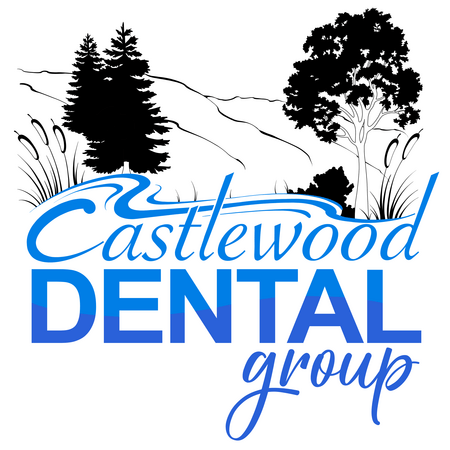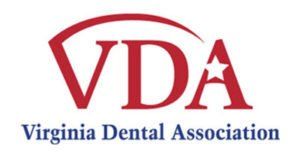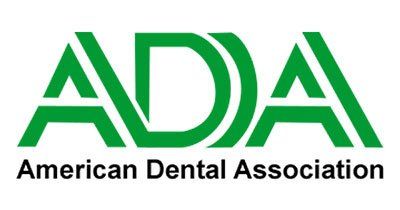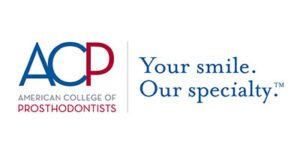Oral Health As We Age
Oral health includes the care of your mouth, teeth, and gums. It is essential and should start at a very young age. Our oral health has a significant impact on the rest of our overall health. Our bodies are everchanging, especially as we age. While our bodies change, our oral health care needs change as well. This is how our oral health changes as we age and what we can do about it.
Children
During our childhood, our teeth grow alongside our bodies. Children’s dental care should start at a reasonably young age. A child’s first dental check-up should follow between the arrival of the first tooth and their first birthday. The sooner a young child visits the dentist, the better. This allows kids to create responsibility for their teeth and make them aware of how to care for them. As children grow, so do their teeth. They will begin to lose their baby teeth and will grow into their permanent adult teeth. It is vital to show children how to properly care for their teeth to avoid cavities and tooth decay. This begins the start of proper oral care.
Adults
After we lose our baby teeth as kids, we become set with our adult teeth. Even though the likelihood of oral issues like cavities and tooth decay lower with adult age, we must keep up proper care. Just because we have permanent teeth doesn’t mean they are entirely immune to oral infections. Our permanent teeth require daily brushing, flossing, and rinsing with mouth wash. If we do not take proper care of our teeth, it will significantly affect our overall health. As we continue to age, our teeth change quickly. That is why it’s important to establish good care, so our teeth are as strong as we grow older.
Older Adults
Unfortunately, with old age comes a change in our bodies. Oral health is something greatly affected by age. According to Harvard Health , the rate of tooth decay in people over 65 now outpaces that of schoolchildren. Years of smoking, red wine, coffee, and newly found medical issues can affect your teeth. Gum tissue naturally recedes with age, so soft tissue often becomes exposed. There is evidence stating the correlation between gum inflammation and conditions like diabetes, heart disease, stroke, and respiratory problems. Those issues become more popular in older age. To not make those conditions worse, oral health needs to become a priority. For example, a lack of brushing can cause bacteria to enter the bloodstream, which can cause other infections. Some of those infections include joint infections and heart valve infections. These different health consequences caused by poor oral hygiene can create significant problems for elderly adults. So how can we fix it?
Solutions
Oral health becomes more critical as we age, especially for the elderly. Here are a few tips and tricks to ensure proper oral health for those over the age of 65.
- Frequent visits to the dentist, at least once a year.
- Regular cleanings at the dentist.
- Daily brushing and flossing.
- If someone has trouble brushing due to arthritis or other disabilities, consider an electric toothbrush.
- Use products with fluoride, like toothpaste, mouthwash, rinses, gels, and even tap water.
- If medications are causing dry mouth, use oral products specifically made for dry mouth.
- Check with your dentist before using whitening products.
For more solutions and precautions for oral health as we age, check out South Holston Dental. At South Holston, we pride ourselves on the care our patients receive. We provide oral care for people of all ages, especially older adults. If you would like to schedule an appointment with us, visit us online here. You can also reach us at 276-762-2323. Ensure your smile is happy and healthy at South Holston Dental today!
The post Oral Health As We Age appeared first on South Holston Dental Designs.




